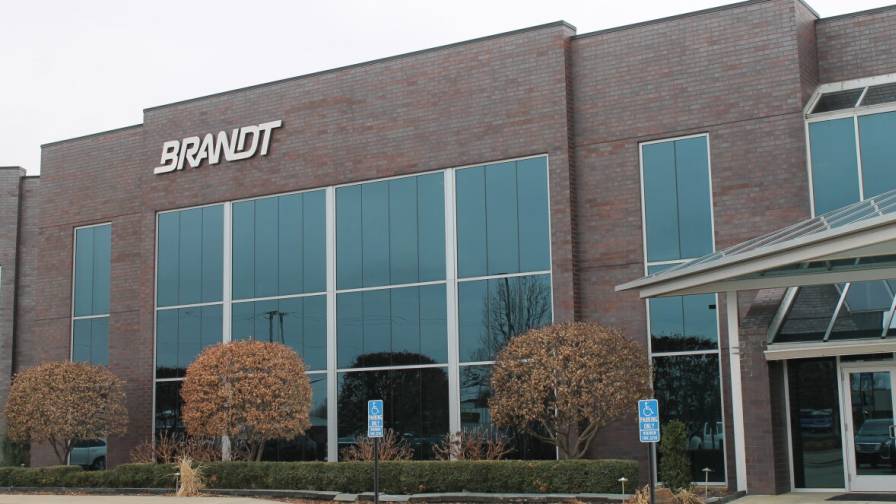How The Mosaic Company Is Elevating Soil Health and Crop Nutrition
Recently, The Mosaic Company hosted members of the agriculture community in Florida to tour their phosphate operations, visit a 1,600-acre reclamation area, and learn more about the company’s Advanced Crop Nutrition (ACN) program, which is supported by Mosaic Biosciences’ BioPath and PowerCoat. These two biological fertilizer components are formulated with proven strains of PGPR — Plant Growth Promoting Rhizobacteria — that increase nutrient availability, uptake, and utilization.
Following are excerpts of my conversation with Keith Byerly, Commercial Sustainability Lead, The Mosaic Company, and Matt Sowder, Director of Field Operations, Mosaic Biosciences.
Lara Sowinksi: Keith, you describe soil health as a system. Can you elaborate on that?
Keith Byerly: At Mosaic, we view soil health as a system approach, therefore any change to one part of the system affects other parts. For example, if you cut out seed treatments, the microbial, or the soil fertility program, you’re unlikely to achieve optimum soil health. In addition, you’ve disrupted the balance and equilibrium of the system.
LS: What mistakes do you see growers make when striving for improved soil health?
KB: The biggest is becoming hyper-focused on one thing, whether it’s increasing soil organic matter, or earthworm count, going no-till, or deciding to entirely eliminate crop fertilizers out of the system, which puts your plants behind in their ability to feed the soil. The mistake is not understanding the interactions that take place between all the components that comprise optimum soil health and allowing time for the system to rebalance itself as changes occur.
LS: How do we help spread the word about best practices to achieve soil health?
KB: It starts with having a healthy curiosity for what is possible. When the grower, retailer, and agronomist come together and are open to ideas and helping each other implement new practices or approaches, it is amazing how fast soil health changes can be seen.
LS: Matt, what are some of the challenges with biologicals and biorationals?
Matt Sowder: There are few barriers to entry for many biologicals products and that has contributed to growers having mixed results. For Mosaic Biosciences, our strategy is built on transparency and trust. Our TruResponse platform is helping set new standards for product evaluation in the biologicals market. We have 500-plus small plot locations and a half-million data points.
LS: It sounds like some regulation is needed, right?
MS: Yes, we need standardization across all the states and regulations that define how biostimulants and biologicals are viewed and managed. Although biologicals have been used for a very long time, in some ways the industry is still in its infancy. It’s diffuse and the claims about efficacy are all over the board. Regulations can help coalesce the industry.
LS: How is Mosaic helping educate the agriculture community about biologicals?
MS: Our AgCollege Online is a great tool and free resource. Currently, there are five categories of training topics and over 25 courses. The fundamentals of bioscience products are included among the course selections.






